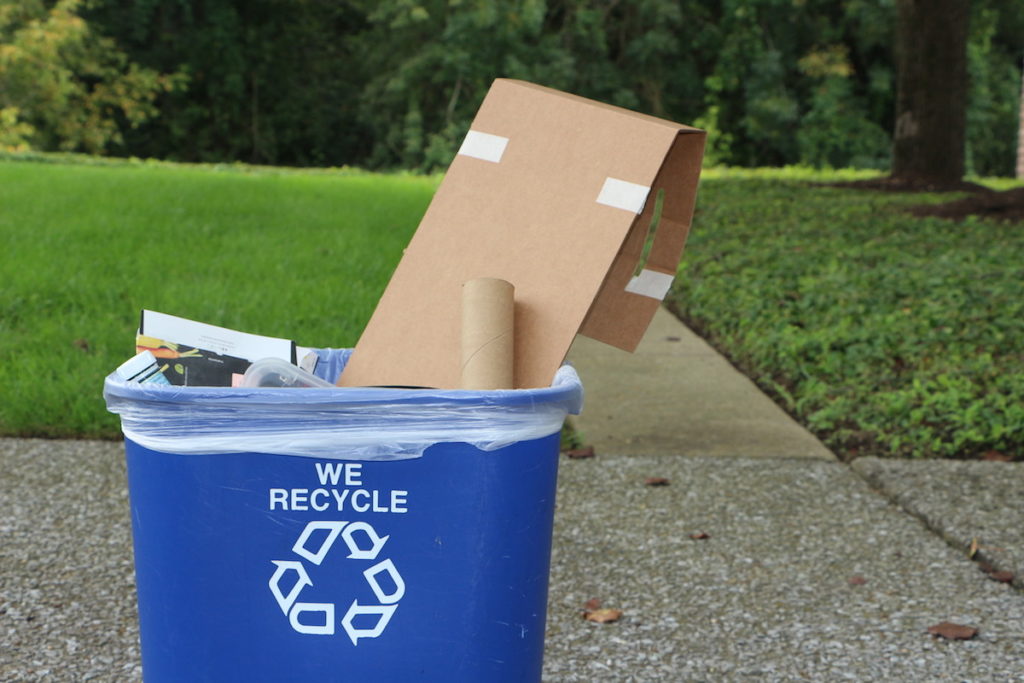
Nashville has significantly reduced the amount of contamination in its recycling bins, but the city is still having to throw out about 28% of the volume of items that are set aside for recycling.
That’s mostly due to plastic bags, food and liquid contamination, and non-recyclable items like yogurt tubs or produce containers, which Nashville stopped accepting last year due to market realities.
Because as much as people want everything to be recycled, Metro Waste cannot recycle items unless there’s an organization willing to buy them.
“We’re kind of on the unfortunate backend of having to deal with what the packaging industry uses and how that comes to consumers and then finally to us,” said Sharon Smith, the projects manager at Metro Waste.
Basically, the companies manufacturing products must choose to alter their packaging to be more recyclable — a concept that some state and federal lawmakers hope to incentivize through legislation that shifts recycling costs from consumers and cities to the companies.
Just last month, New York State legislators drafted such a bill, which is broadly referred to as an “extended producer responsibility for packaging” bill. At the federal level, senators proposed the Break Free From Plastic Pollution Act of 2021.
But Metro Waste still wants people to successfully recycle the items that can be transformed into new products, and that starts with taking items out of plastic bags before adding them to the cart.
“Once the material hits a facility, there’s no way to get … the good clean recyclables out of plastic bags, and so therefore, all that stuff ends up going to a landfill,” Smith said.
Residents can learn more about what they can recycle through nashville.gov or the Nashville Waste and Recycling app.

